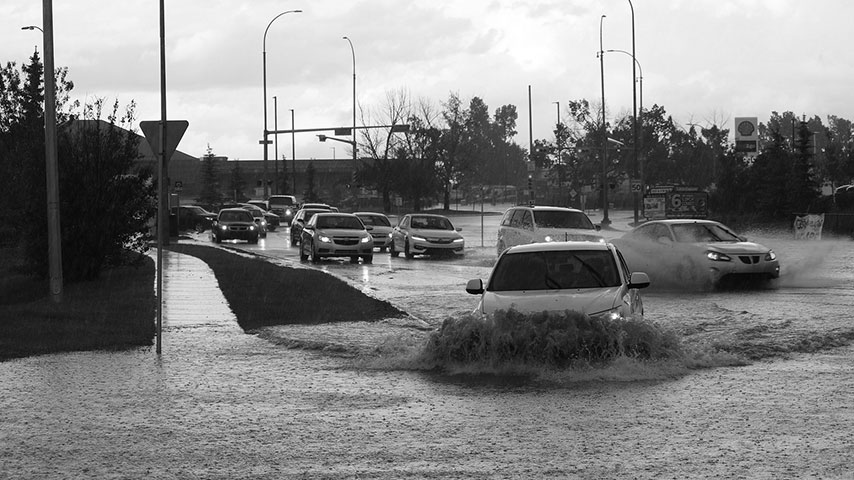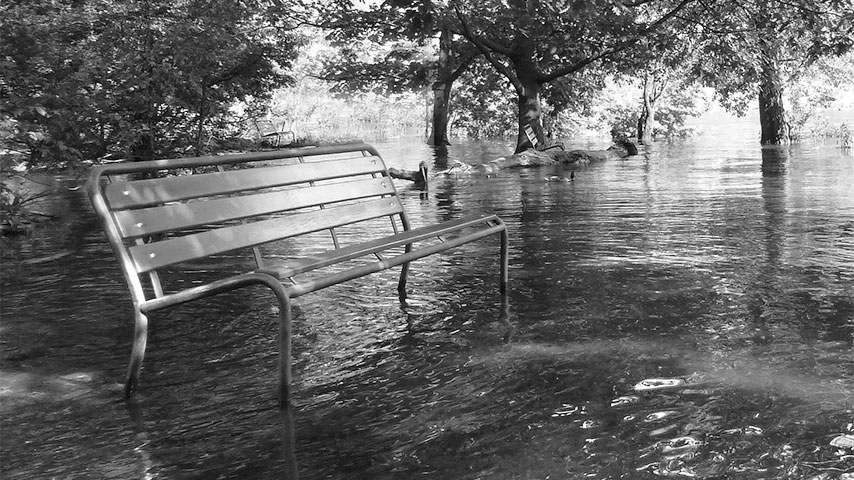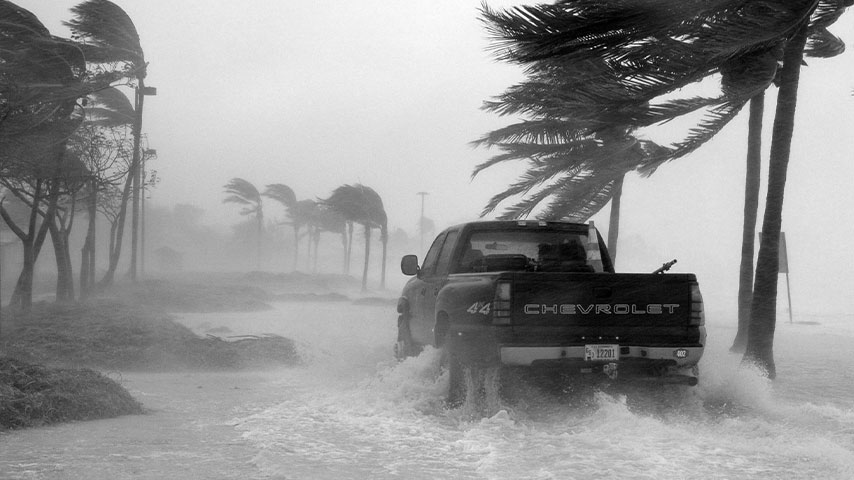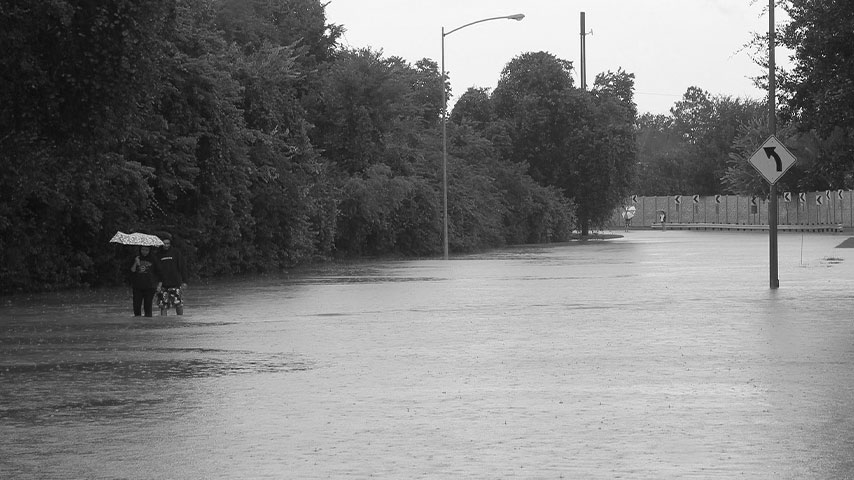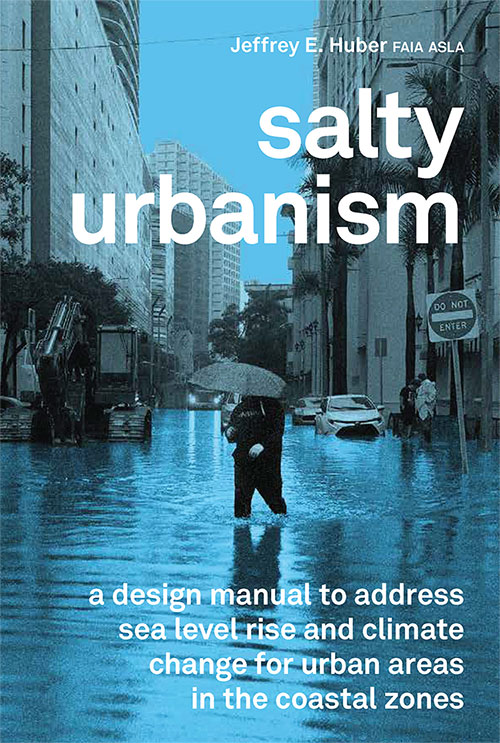Symposium Summary
"Spotlighting Solutions for Florida"
Florida stands at the forefront of an unparalleled challenge. Over the next generation, Florida will experience inundation from coastal and inland flooding. It is not a question of if but when the next flood will occur. As flooding presents greater risk, how is Florida adapting its built environment to not only survive, but to thrive in these new conditions?
To address this question, the symposium convened 126 practitioners, researchers, advocates, and community stakeholders from throughout Florida and beyond, to discuss and address the pressing issue of flooding in Florida’s coastal and inland areas.
The three-day event aimed to share academic research, explore effective approaches to mitigate flooding, and promote the interdisciplinary exchange of ideas. Attendees had the opportunity to learn from a wide range of experts and peers through keynotes, presentations, panel sessions, and interactive activities. Topics covered nature-based solutions, technology, modeling and data, infrastructure and design, policy, and economics.
Mike Steigerwald, City Manager, and Chief Executive Officer of the City of Kissimmee welcomed attendees, and shared anecdotes about the city’s challenges amid recent inland and urban flooding, along with measures his city has implemented to become more resilient in the face of future events.
Wesley Brooks, Chief Resilience Officer of the Florida Statewide Office of Resilience, delivered the opening keynote and discussed Florida’s approach to statewide solutions and its unique flood challenges. Brooks shared how flooding affects all of Florida, and every community has its vulnerabilities statin “. . . that’s why we need adaptable, community-specific solutions.”
For the closing keynote session, Jeffrey Huber presented “Salty Urbanism,” a talk inspired by his book that emphasized the take-home message that tackling these challenges requires a team. Focusing on the interdisciplinary collaboration needed for neighborhoods to plan for sea level rise, he used Fort Lauderdale’s North Beach Village neighborhood as a case study. Huber presented an optimistic, forward-thinking perspective, viewing flooding as an opportunity to improve our communities with sustainable and efficient design and planning.
Participant Summary
- 126 attendees from six U.S. states and two international countries (Canada and Australia)
- Represented a diverse mix of sectors including
- Academic institutions
- Government agencies (local, state, federal)
- Corporate and industry partners
- Non-profit organizations
- Private consultants and private-sector groups
- Represented a diverse mix of sectors including
- Students
- Three distinguished plenary speakers provided valuable insights and inspiration on flood adaptation and resilience.
- Abstracts were published and are available in the Abstract Book (PDF).
Presentation Summary
- 46 speakers shared research, case studies, and innovations in flood adaptation on topics including:
- Resilient Cities: Assessing Vulnerabilities for Adaptation
- Housing and Building Adaptation: Risk Mitigation for Property Owners
- Reflections on Resilience: How Florida is Institutionalizing a Solutions-Oriented Approach
- Flood-Smart Land Use Planning
- Adaptive Watershed Management
- Engaging Communities in Adaptation Efforts
- Decision Support Tools for Flood Adaptation
- Funding Flood Adaptation Initiatives
- 13 poster presentations highlighted ongoing projects and tools for enhancing flood resilience.
